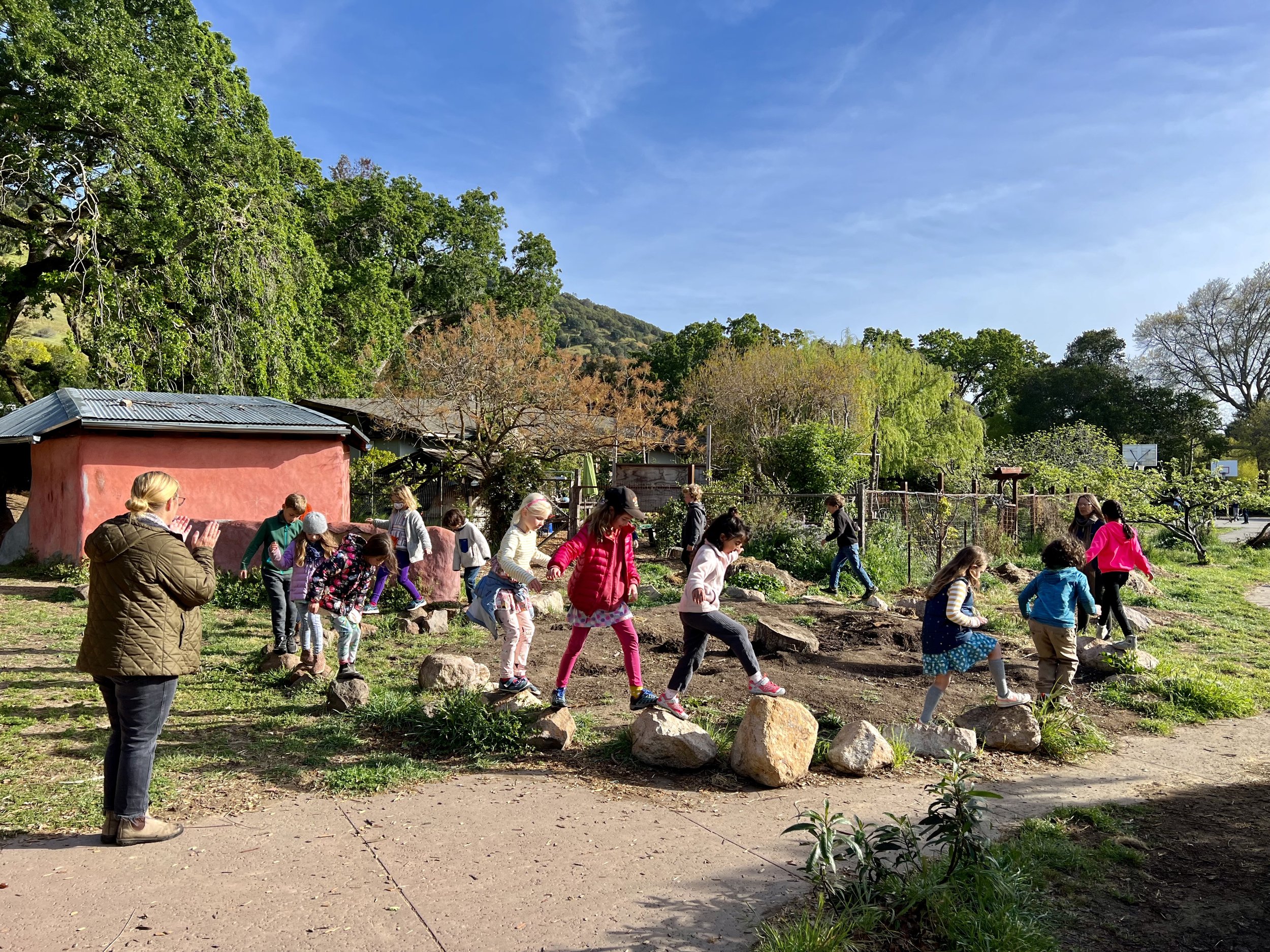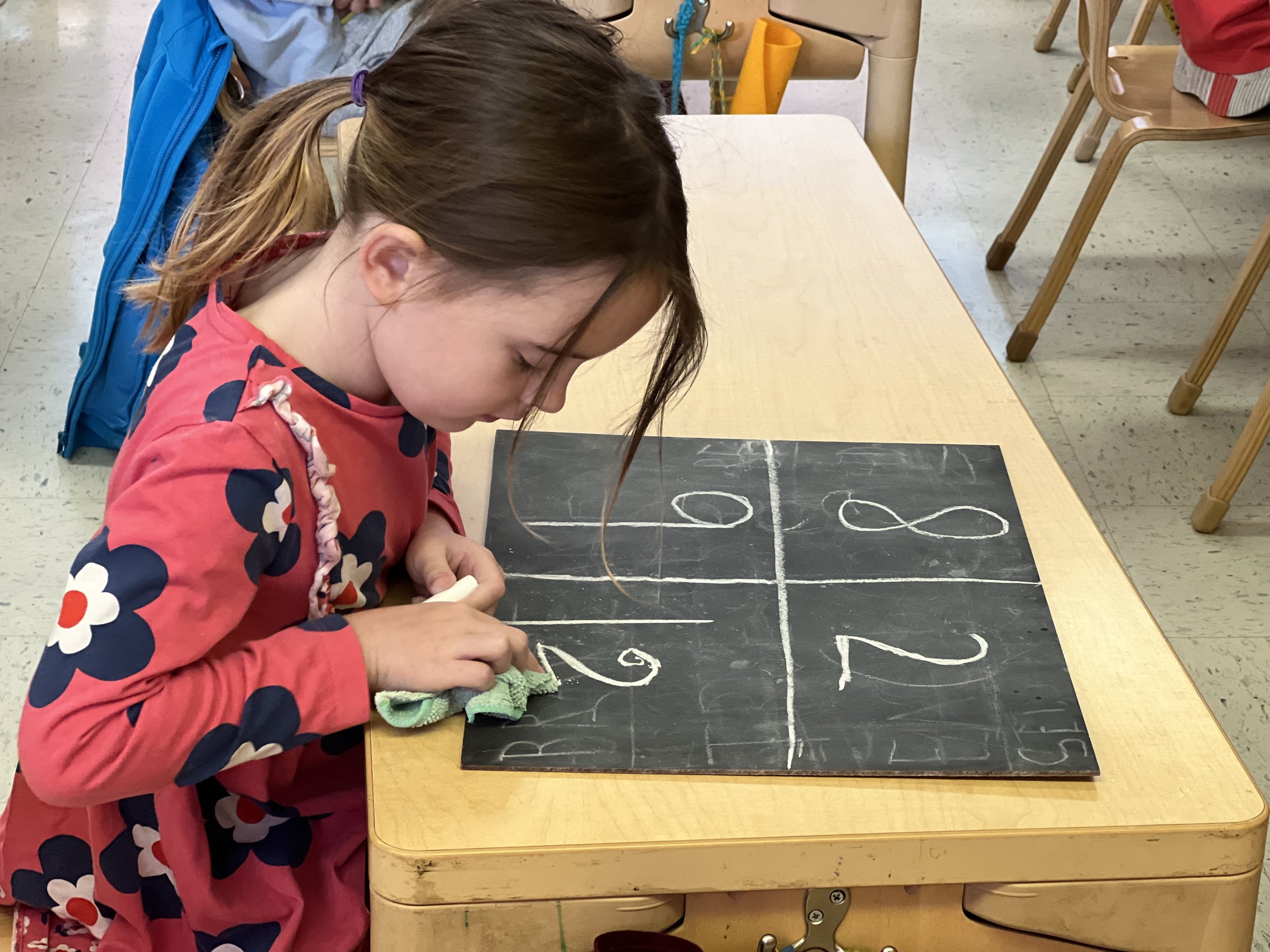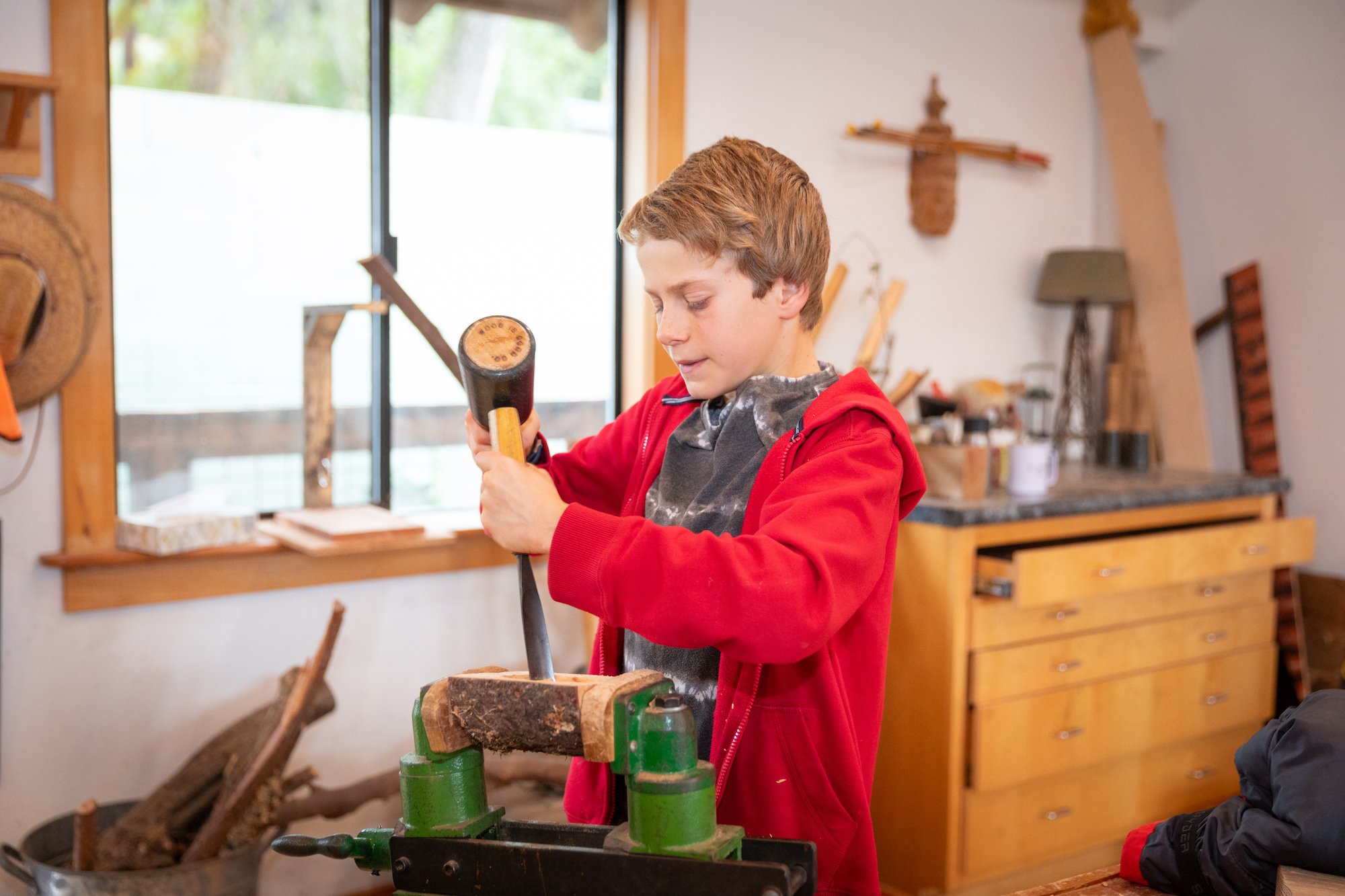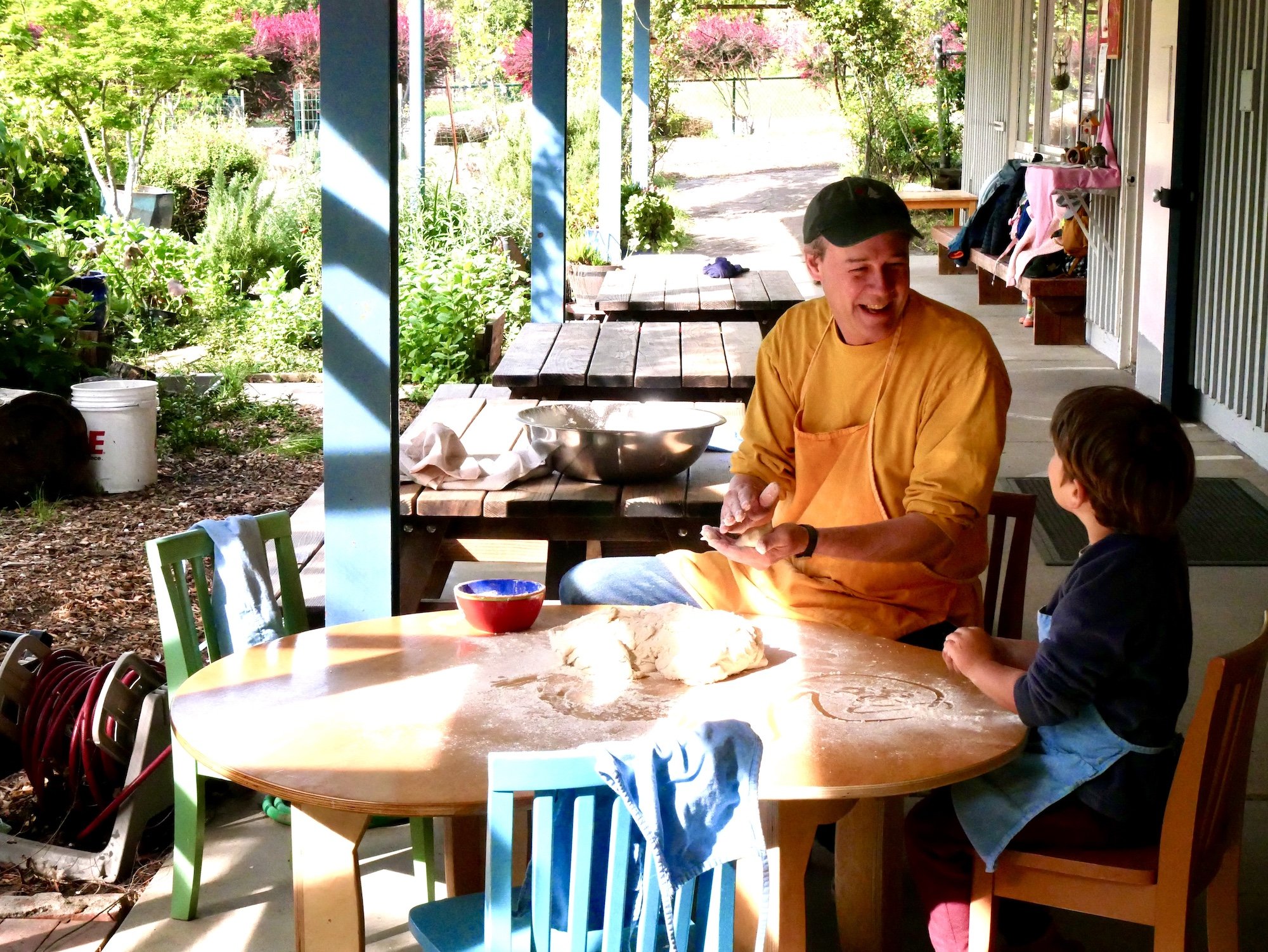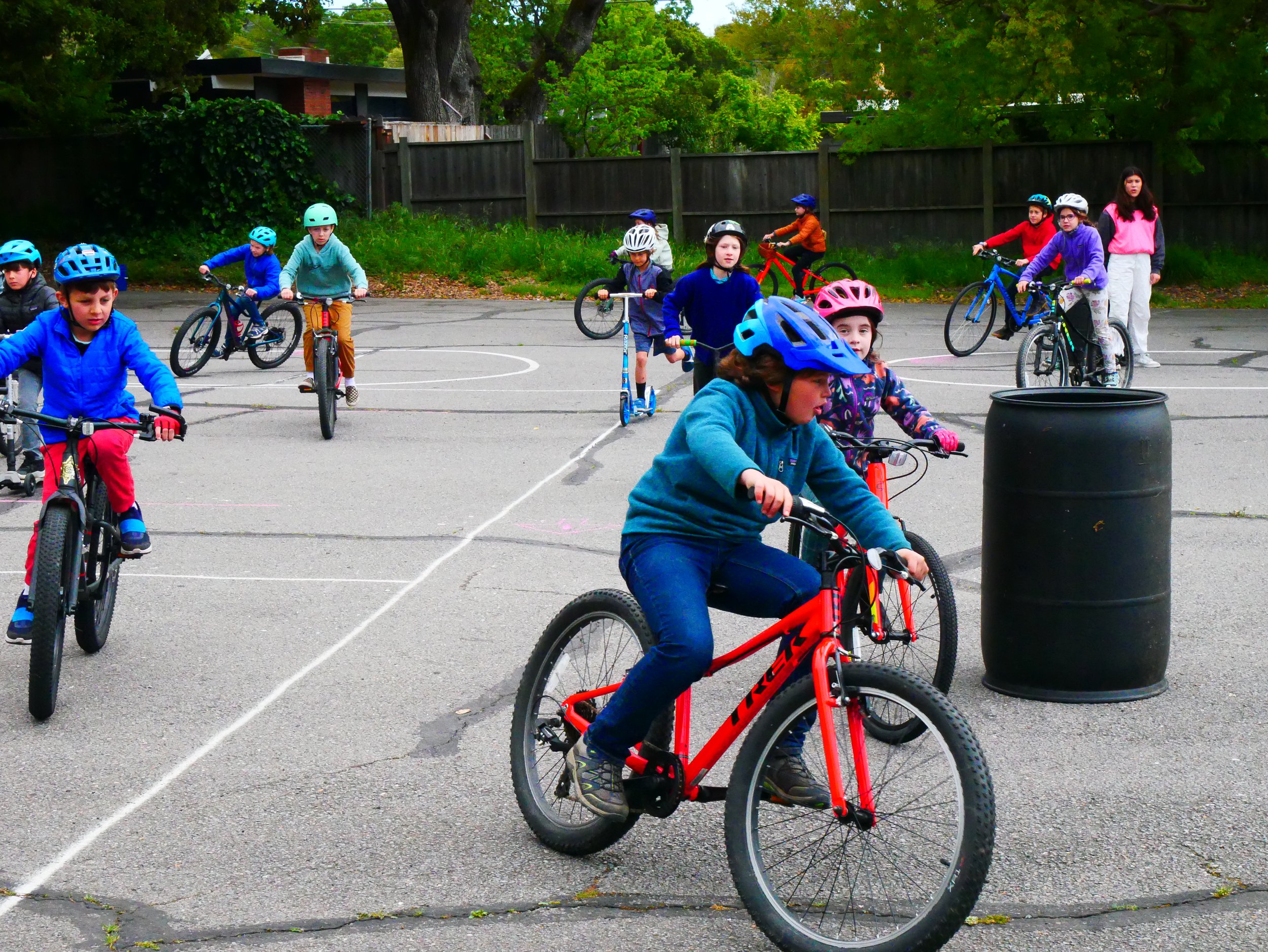Screen-Free Week Special: Marin Waldorf School's Approach to Tech
What Does It Really Mean to Be Tech Savvy?
At Marin Waldorf School, we approach tech education with thoughtfulness and care. Through a progressive age-appropriate curriculum, our goal is to foster grounded, responsible, and tech savvy students.
Here, we don’t define a savvy tech user as someone who knows how to use the latest apps and software, but an educated digital citizen, who understands how to use electronic media and technology as a resource and a tool.
What Is Marin Waldorf School’s Approach to Tech?
Waldorf education is over 100 years old, but our outlook on tech is based on the most recent research about the effects of screen time on developing brains, the impact of social media on emotional well-being, and the exposure to violence, advertising, and adult content in media.
At Marin Waldorf School, we take a slow approach to tech. During early childhood and grades 1 to 4, children are guided by parents and teachers in building strong social and communication skills—with little or no influence from digital media at home. At school, children are encouraged to build social skills through group work and free play; to develop their imagination and creativity through the arts, music, and stories; and to boost their bodies and brains with experiential activities, from games to knitting to woodwork.
In grades 5 to 8, media and technology are gradually introduced at school, teaching students how to positively use these tools in their lives and relationships. Our approach to tech education includes letter writing, phone calls, emails, and other forms of communication, which teach children how technology fits into a larger social context. We prioritize social-emotional learning through group work in the classroom, as well as cooperative projects, like class plays and orchestra performances. And we offer direct instruction in digital citizenship through social ethics and Cyber Civics courses in middle school.
In short, we don’t only discourage technology and screen-time; we actively encourage the tactile, hands-on, real-world, and social experiences that children need to build a healthy foundation for their future.
Why Limit Media?
Research shows that screen time and media, especially for young children, can curtail attention, reduce empathy and slow language acquisition, interfere with sleep, and negatively affect academic performance over the long term.
“Children need to explore their environment using all their senses to learn about the world, so it is very important that they can interact with three-dimensional spaces and activities,” says Dr. Jennifer F. Cross, pediatrician and a developmental pediatrics expert at NewYork-Presbyterian Komansky Children’s Hospital.
Even without research, we know it on a gut level. Children are unnaturally captivated by screens, tuning out human interaction—or even basic needs, like hunger—when pulled into a television show or video game.
We encourage parents to limit screentime so that their children can observe and experience the world with their senses, naturally building neurological pathways, social skills, and the ability to learn new things, as their brains are built to do.
Resources for Families
Let's help our kids grow up to be tech savvy! For families looking to make strong media choices at home, we have some resources and recommendations to share.
Last week we shared resources from Waldorf teacher and tech educator Ben Klocek. Designed especially for Waldorf families, these resources include age-appropriate activities.
It's Screen-Free Week! Check out the resources on the Screen-Free Week website.
Diana Graber, founder of the Cyber Civics curriculum and author of Raising Humans in a Digital World, is a frequent speaker at Marin Waldorf School. Click for Diana’s most recent presentation to the MWS community or download resources from her presentation here.

